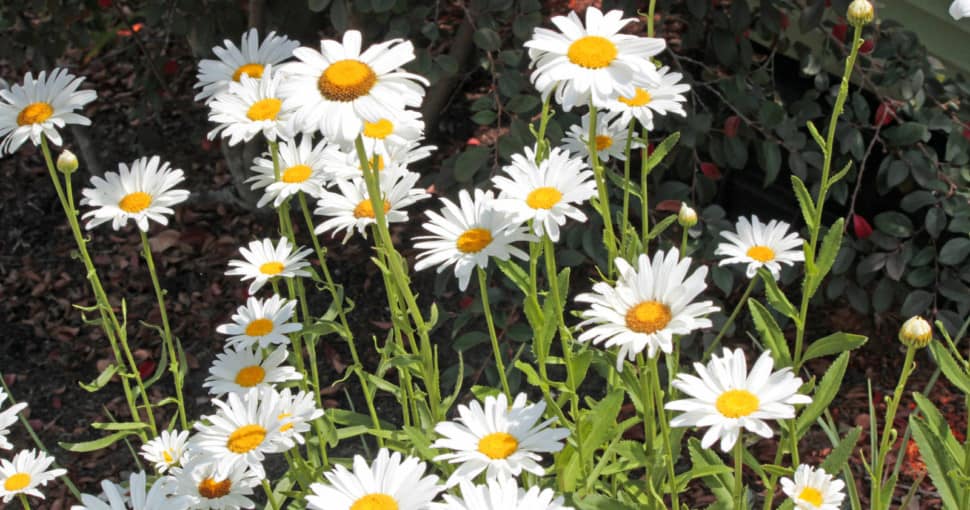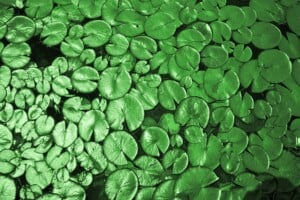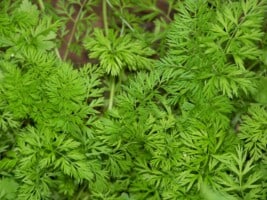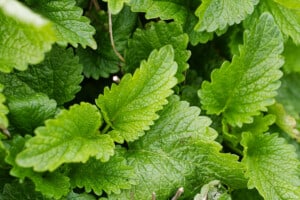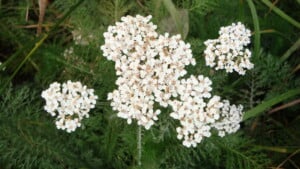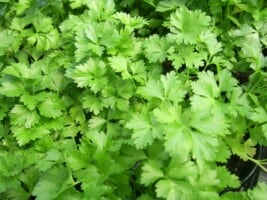Daisies are common in many people’s gardens and surrounding open areas. Beautiful and easy to grow, there are many different daisies from which to choose. One aspect to consider is whether these seemingly innocent flowering wonders are hidden dangers, posing a poisoning threat to you or your family or pets.
Contents
Nippon daisies, poison daisies, English daisies, and oxeye daisies are a few daisy cultivars that are mildly toxic to humans, especially children. Daisies are poisonous to dogs, cats, and horses. Symptoms of poisoning include mild gastrointestinal issues such as nausea, vomiting, and dermatitis.
Are Daisies Poisonous To Humans?
Most daisy cultivars are non-toxic to humans, but a number are mildly toxic if ingested or touched. These cultivars include Nippon daisies, poison daisies, English daisies, and oxeye daisies. The symptoms of daisy poisoning depend on the variant in question and type of contact, touch, or ingestion. Regarding ingestion, symptoms will depend on how much was consumed and the size of the individual in question.
Symptoms of daisy poisoning from ingestion include nausea, vomiting, or diarrhea and will usually present themselves within a few hours after consumption has taken place. In this situation, the best thing to do is to make sure you stay hydrated and contact the poison control center or your nearest doctor for advice on whether further treatment is necessary.
If you get some plant sap on your skin, it could cause mild to moderate dermatitis, which presents as a rash or irritated skin at the point of contact. In this situation, the best thing is to wash the affected area thoroughly with warm water and soap.
If the rash becomes severe or painful, it would be best to contact the poison control center or your local medical practitioner for further treatment advice.
If your child happens to eat a daisy, the best thing to do in this situation would be to contact the poison control center or your closest medical practitioner immediately. Due to the small stature of children, what is mildly toxic to adults could cause severe problems in children.
Best practice will be not to take any chances if you are unsure whether or not the daisy in question is poisonous.
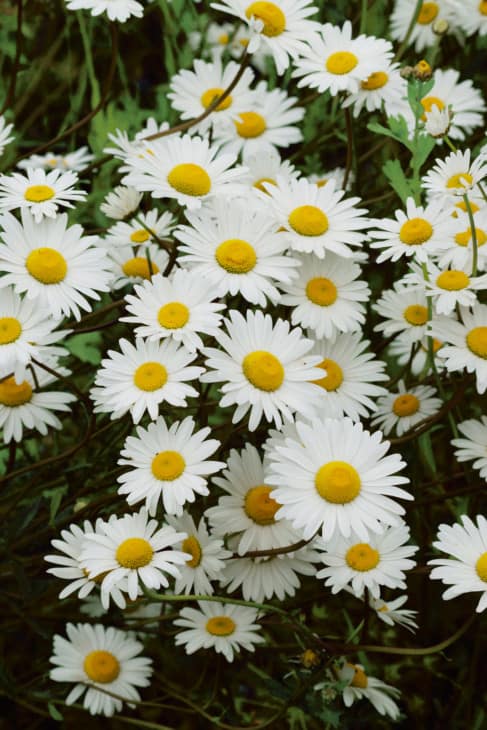
Are Daisies Poisonous To Dogs?
Some varieties of daisies can be poisonous to dogs. In most cases, if your dog eats one or two daisies, it should be fine, but if it eats multiple daisies, chances are it will start to develop some symptoms of poisoning.
Flea treatments contain some of the natural chemicals produced by daisies. If your dog happens to consume some of these daisies after being treated with a flea treatment containing the same chemicals, your dog might develop a reaction due to increased toxin levels in its system.
Symptoms of daisy poisoning in dogs will vary depending on how many daisies and which variant the dog consumed. Some daisies, such as the Gerber daisy, are not toxic, and others are mild to very poisonous.
Symptoms of daisy poisoning can include appetite loss, drooling, gagging or choking, vomiting, diarrhea, agitation, confusion, incoordination, shaking or trembling, muscle spasms, convulsions, darkened urine, and dermatitis.
If you fear that your dog might have ingested some daisies, the best course of action would be to contact or visit your local vet. You can do this before your dog even starts to show any symptoms. It is always better to lean on the side of caution than to leave it too late, allowing for your dog to suffer unnecessarily.
Are Daisies Poiosnous To Cats?
Some varieties of daisies can be highly toxic to cats. The severity of the poisoning symptoms will depend on the daisy variant and the amount that your cat consumed.
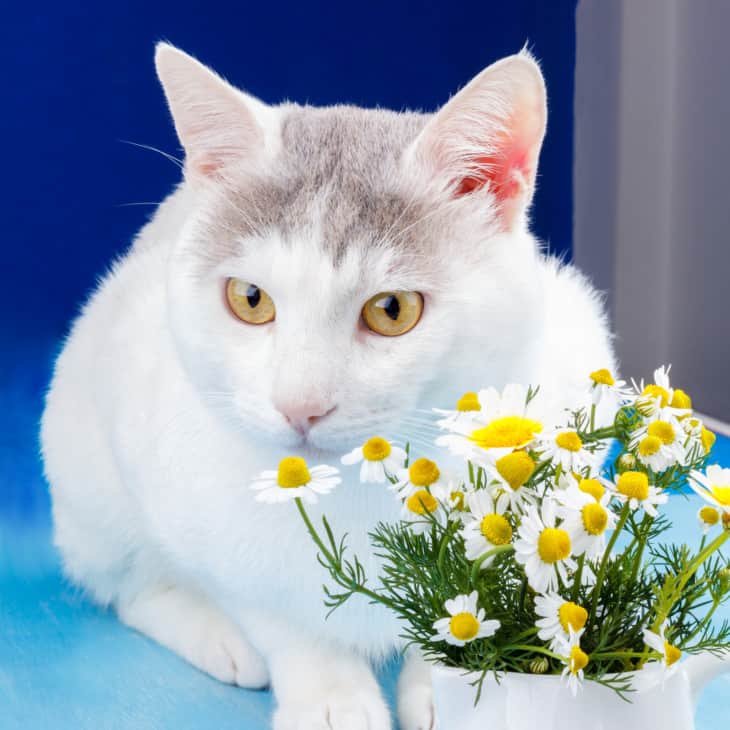
The most common daisy poisoning symptoms in cats are excessive mouth salivation, vomiting, diarrhea, itching, bleeding, boils, dermatitis, and lack of coordination. Luckily for cat owners, these symptoms are pretty pronounced. Therefore you should pick up on them relatively quickly, allowing you to take action and get your cat treated without the toxins sitting in its system for too long.
The main toxins found in daisies that affect cats are sesquiterpene and pyrethrins. Each of these causes different symptoms in your cat. The sesquiterpene is responsible for your cats’ increase in saliva and skin irritation, and it will also contribute to diarrhea and vomiting and, in extreme cases, digestive tract bleeding.
Pyrethrins are responsible for your cats’ lack of coordination and are especially dangerous because they can absorb into your cats’ bloodstream. They also affect a cat’s nervous system and can cause difficulty breathing, which can sometimes result in death.
If any of these symptoms start to present themselves in your cat and you are concerned that your pet might have eaten a few daisies, it would be best to visit or call your local vet for further instruction to prevent any severe harm befalling your pet.
Are Daisies Poisonous To Horses?
Many of the daisy variants are considered poisonous for horses. There are two types of daisy poisoning when it comes to horses. The first is contact dermatitis, and the second is ingestion.
Luckily horses will typically avoid this plant. You need to be aware of your horse being in an overgrazed area as it is usually in these situations that it will consume some daisies.
Contact dermatitis causes skin rashes which can be mild to severe depending on the extent of the contact. Symptoms from ingestion include gastrointestinal issues, resulting in diarrhea, lethargy, dehydration, and in extreme cases, bloody feces. If left too long, poisoning from ingestion, especially diarrhea, can lead to death.
Are Daisies Poisonous To Guinea Pigs?
Overall it would be best to refrain from allowing your guinea pigs to eat daisies as some are toxic to this small herbivore and some are not. Being aware of which ones will poison your little pet makes it difficult, and therefore you should consider all daisies to be poisonous to guinea pigs. Even a tiny amount of the toxic variant could lead to severe symptoms.
Are Daisies Poisonous To Rabbits?
Most daisies are non-toxic to rabbits, and you can happily give them flowers, stems, and stalks without any adverse reactions taking place. Although they do not have a high nutrient value, daisies can give your rabbit a bit of extra protein from the leaves.
When feeding your rabbits from your garden, keep in mind to ensure that the plant has not been treated or been near any pesticides or had any chemical treatments as the chemical residue on the plants can poison your rabbits.

